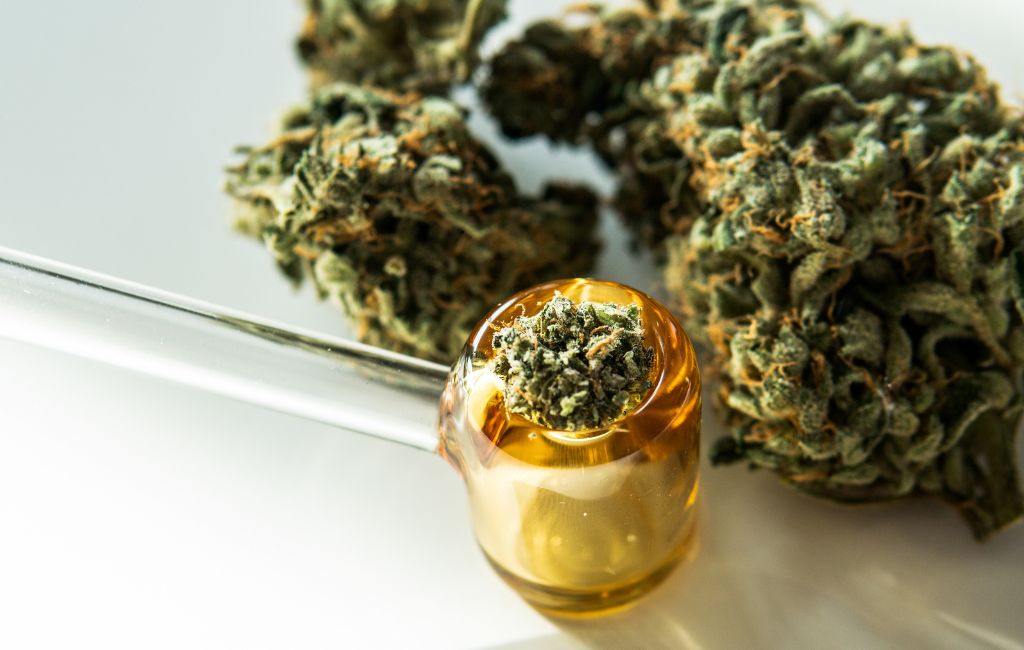Understanding the Powerful ‘THCa Flower Effects’
The world of cannabis is vast and varied, with numerous compounds contributing to its effects. Among these, THCa, or tetrahydrocannabinolic acid, stands out for its unique properties and potential benefits. This article explores the THCa flower effects, providing insights into its significance and applications.
What is THCa?
THCa is a non-psychoactive cannabinoid found in raw and live cannabis. Unlike THC, which is known for its psychoactive effects, THCa does not produce a “high” when consumed in its natural form. This compound is the precursor to THC and converts to THC through a process called decarboxylation, which occurs when cannabis is heated.
The Science Behind THCa
THCa is abundant in fresh cannabis plants. It is only when the plant is dried, cured, or heated that THCa transforms into THC. This transformation is crucial for those seeking the psychoactive effects of cannabis. However, THCa itself has garnered attention for its potential therapeutic benefits.
Potential Health Benefits
- Anti-inflammatory Properties: Research suggests that THCa may have anti-inflammatory effects, making it a potential option for those dealing with conditions like arthritis.
- Neuroprotective Effects: Some studies indicate that THCa might offer neuroprotective benefits, which could be beneficial for neurodegenerative diseases.
- Anti-emetic Properties: THCa has shown promise in reducing nausea and vomiting, which can be particularly helpful for patients undergoing chemotherapy.
THCa vs. THC: Understanding the Differences
While both THCa and THC originate from the same plant, their effects and applications differ significantly. THCa is non-psychoactive, meaning it does not produce the high associated with THC. This makes it appealing for those seeking the therapeutic benefits of cannabis without the psychoactive effects.
Consumption Methods
- Raw Consumption: THCa can be consumed in its raw form by juicing fresh cannabis leaves or adding them to smoothies.
- Tinctures and Topicals: These products allow users to benefit from THCa without the need for heating, preserving its non-psychoactive properties.
Case Studies and Research
Several studies have explored the potential benefits of THCa. For instance, a study published in the British Journal of Pharmacology highlighted its anti-inflammatory properties. Another research project focused on its neuroprotective effects, suggesting potential applications in treating conditions like Alzheimer’s disease.
Patient testimonials further support these findings. Many individuals report relief from symptoms such as pain and inflammation after incorporating THCa into their wellness routines.
Legal Considerations
The legal status of THCa varies by region. In some areas, it is considered legal due to its non-psychoactive nature. However, as it can convert to THC, regulations may apply. It’s crucial for consumers to be aware of local laws before purchasing or using THCa products.
THCa in the Market
The growing interest in THCa has led to an increase in products available on the market. From raw cannabis flowers to tinctures and topicals, consumers have a variety of options to choose from. This diversity allows individuals to select products that best suit their needs and preferences.
Choosing the Right Product
- Quality: Look for products that are lab-tested to ensure purity and potency.
- Source: Opt for products sourced from reputable growers who prioritize organic and sustainable practices.
Conclusion
THCa offers a unique set of benefits that distinguish it from other cannabinoids. Its non-psychoactive nature, combined with potential therapeutic properties, makes it an attractive option for many. As research continues to uncover its full potential, THCa may become an integral part of cannabis-based therapies. Whether you’re seeking relief from specific symptoms or exploring new wellness options, THCa presents a promising avenue worth exploring.
